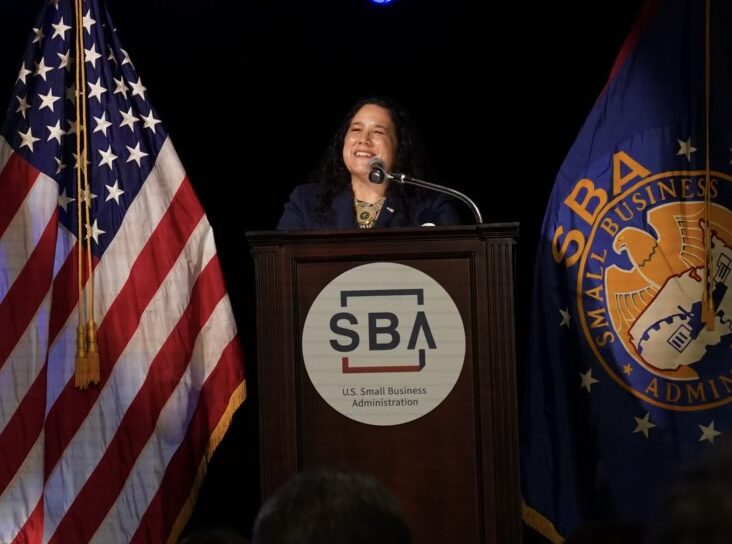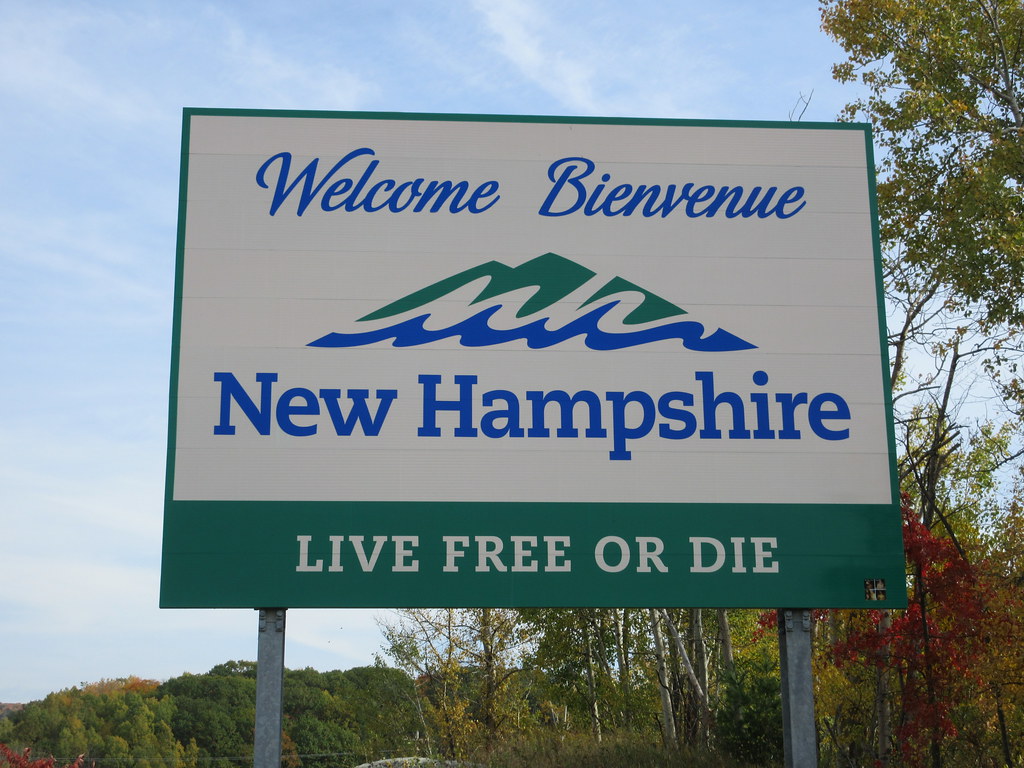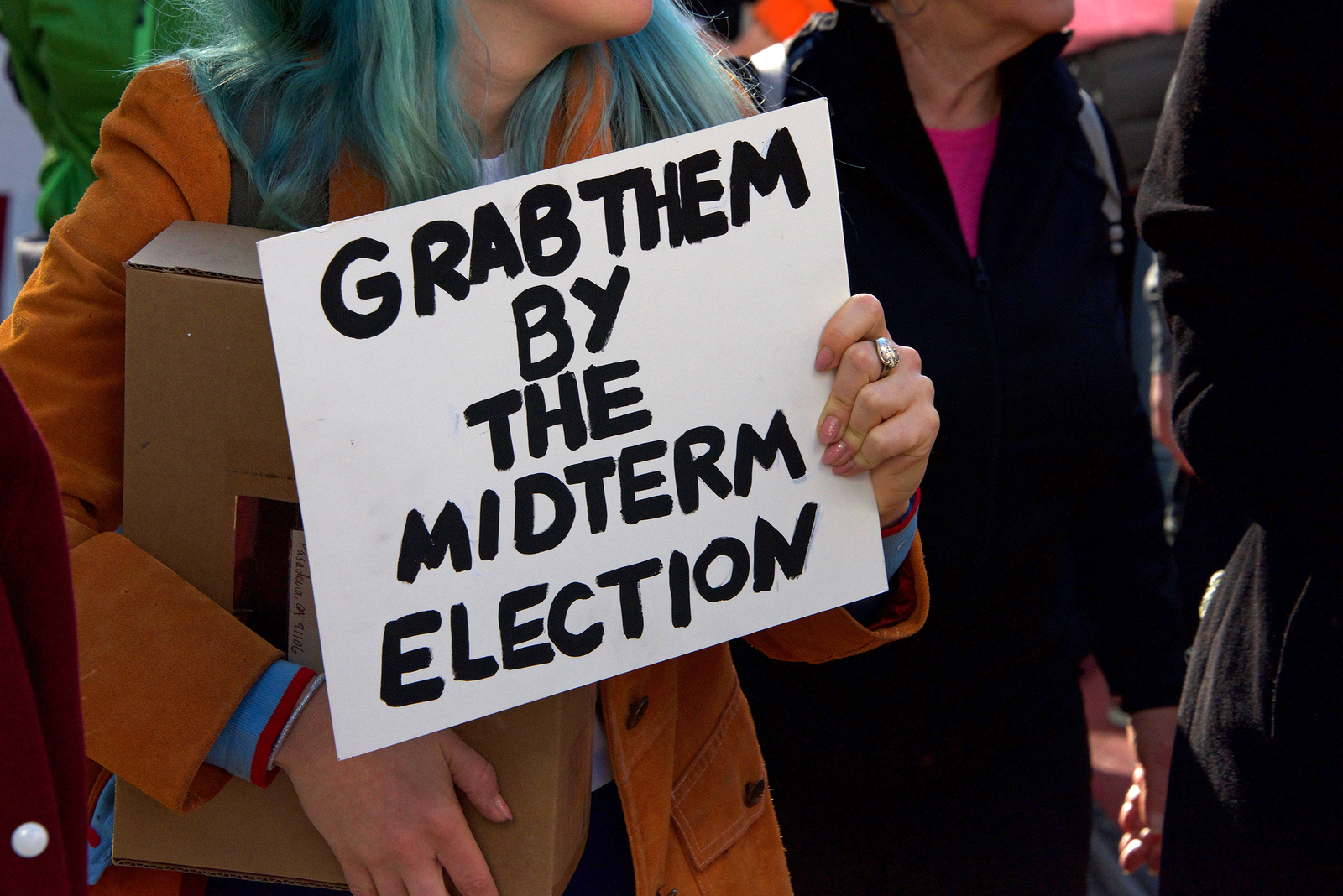New Hampshire’s $100M Housing Investment Beginning to Pay Off

New Hampshire’s $100 million housing investment, InvestNH, is starting to pay off.
“InvestNH was absolutely critical in allowing more housing to be built,” said developer Jack Franks.
Franks, president and CEO of Avanru Development Group, said InvestNH’s help was key to some of his new affordable housing projects in Newport, Swanzey, and Hillsborough.
“Hillsborough would not have happened,” Franks pointed out.
Polls consistently show housing costs are a top priority for Granite Staters, and many of the state’s employers say housing is one their biggest challenges in attracting quality workers. Using federal ARPA relief funds to get more apartments and homes built, InvestNH is making a difference, though there’s still a long way to go.
“This crisis is not going to be solved overnight, but we are working with local leaders to get them the resources they need to match housing needs in their community,” said Department of Business and Economic Affairs Commissioner Taylor Caswell.
Administered by the BEA, InvestNH has already impacted more than 4,657 new housing units throughout the state, according to Caswell, with more to come.
BEA worked through InvestNH to create a capital grant program to fund the development of affordable housing; a demolition program to assist municipalities in preparing for or addressing housing challenges and project developments in older dilapidated properties; a per-unit incentive grant program that awarded municipalities $10,000 per unit of approved affordable housing, and the Housing Opportunities program, which assisted 67 communities to review and develop planning and zoning strategies to facilitate appropriate housing in their towns.
“The goal with these one-time funds has been to help accelerate affordable housing units getting to market and setting the stage for more private investment in affordable housing statewide by providing incentives and resources to local communities,” Caswell said.
BEA used InvestNH to fund: $64 million for the Capital Grant program that impacted 1,605 new units; $16.2 million for the Per Unit Grants program that impacted 1,910 units; $11.5 for the Demolition Grants program that impacted 2,302 units; and $7.9 million for the Housing Opportunity Planning Grants program that went to 67 communities throughout the state.
BEA’s new state Housing Champions program will soon be able to continue the InvestNH programs, thanks to state general funds totaling $15 million.
Even with InvestNH, New Hampshire has a vacancy rate of around 1 percent or less, according to Franks, leaving Granite Staters to pay more for rent or looking out of state for a decent home they can afford.
“It’s beyond critical mass at this point. It’s at absurdity, the amount of housing that’s needed in the state,” Franks said.
Of his three new developments, two were fully rented soon after opening. Both the Swanzey and Newport apartment projects now have waiting lists, and the Hillsborough development is taking applications now.
The biggest obstacle to building more affordable housing that Franks encounters are the sometimes redundant and contradictory local regulations that slow construction, or stymie projects altogether. Franks hopes incoming Gov. Kelly Ayotte will work to streamline those regulations and cut the red tape that make the housing crisis worse.
Ayotte told NHJournal she’s ready to help.
“Tackling New Hampshire’s housing crisis is a key priority for my administration — we need more housing for our workforce, our seniors, our families, and every community across our state,” Ayotte said. “As Governor, I’ll work to streamline the state permitting process, cut unnecessary red tape that creates barriers to construction, and bring stakeholders together to discuss how we can incentivize construction of more affordable housing while respecting local control. Working together, we’ll keep New Hampshire moving in the right direction.”














